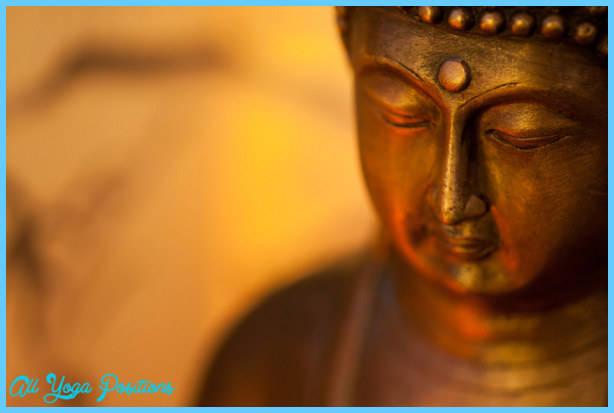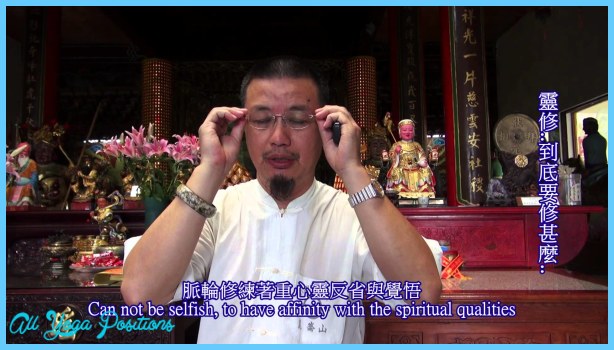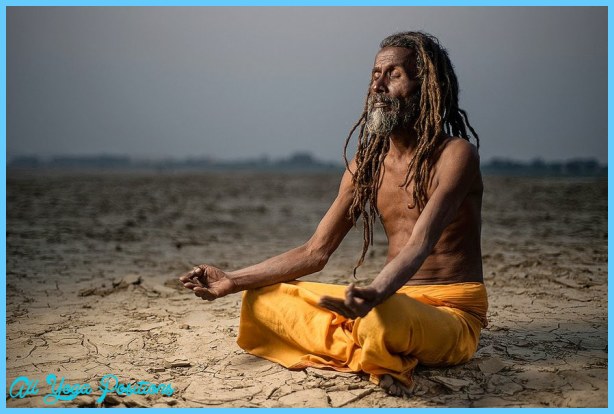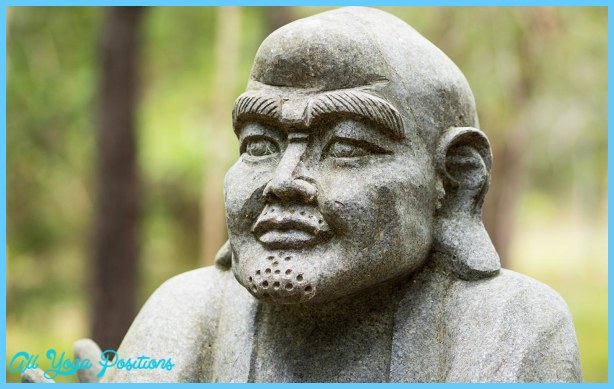Now, monistic Vedantists, as you know, are very accommodating: they do not want to deny any fact or truth; they make room for it in their scheme of things; therefore, the idea of Divine incarnation gradually became a part of Vedanta philosophy. In fact, although the Bhagavad-Gita is a scripture of the Bhagavata school, it has also been considered one of the authoritative texts of Vedanta. And in the Gita, as I have just told you, the doctrine of Divine Incarnation is clearly enunciated; so that doctrine became acceptable to Vedanta.
One could say that in regard to the doctrine of Divine Incarnation two schools of monistic Vedanta developed. As I have pointed out, the followers of one school say that every soul is destined to realize its identity with Brahman one day and that the idea of an ultimate distinction between the soul and God, such as is maintained by most religious people, is false; don’t even consider it. They say, suppose you realize your identity with God, truly realize your identity with God, and then come down to a relative level and find the old limitations coming back to you in greater or lesser degree resist those limitations! Affirm your true divine, infinite nature even on the relative plane, and go on affirming it. Let us see what expansion takes place within you! There is a view that if such a person practises that way, then, although he lives on the relative plane, a profound change takes place in him; he is no longer just a man. He does not say, Well, of course, as long as I live on the relative plane I have my limitations, apparent limitations, but when I go into deep meditation I become God-like.’ No. They say that if he continually affirms his identity with Brahman, gradually his nature expands and there comes an infinitude in him. And such a person, even living on the relative plane, may manifest divine nature from time to time. That is the attitude of a follower of the uncompromising school of monistic Vedanta.
Others say, Well, that’s fine if he does it, but generally speaking, he doesn’t do it, and therefore we recognize this distinction: a Divine Incarnation is someone apart; let us accept it as a practical fact. We worship him, we love him, and we are benefited by him, because he has overflowing power for our own good. For our own benefit he comes amongst us. Why should we struggle against that fact?’
The followers of the first school do not recognize Divine Incarnation in the accepted sense; they just say, Yes, you become one with God, and when you become one with God you are one with God; no doubt can be raised.’ And if you point out that on the relative plane there are distinctions and differences amongst those who have already realized that identity, they say yes, on the relative plane there are these differences, but they need not be accepted as permanent. If, for instance, you find that someone is manifesting more divinity than you are, then go on breaking all your limitations; you will also manifest more divinity if you like.












